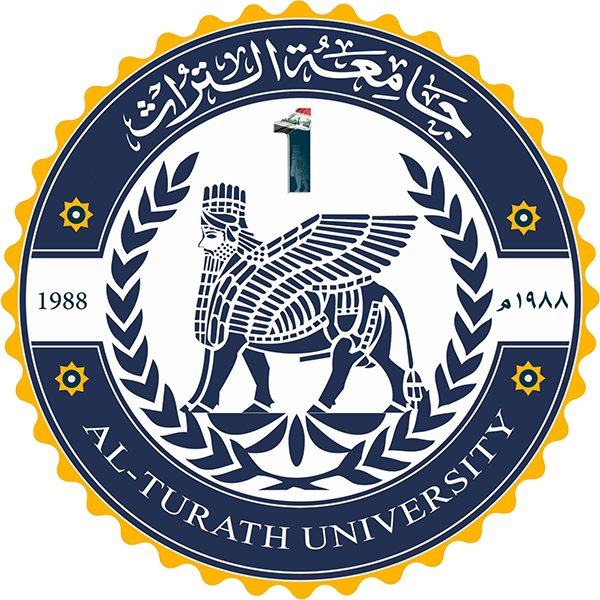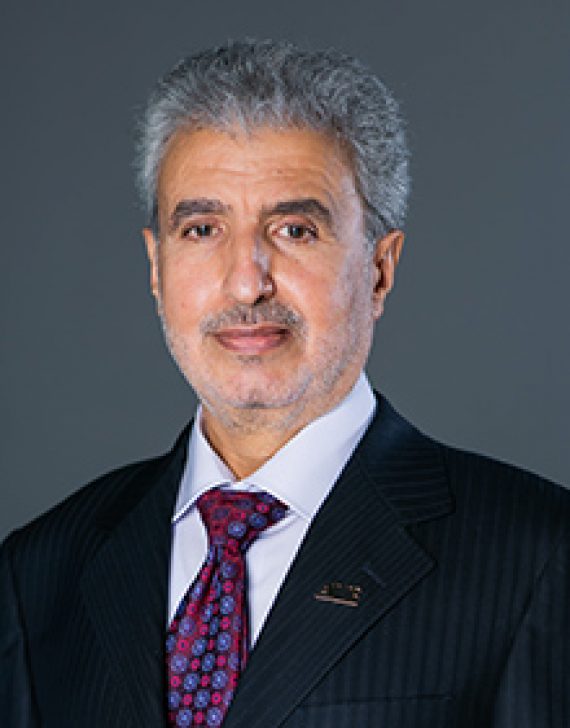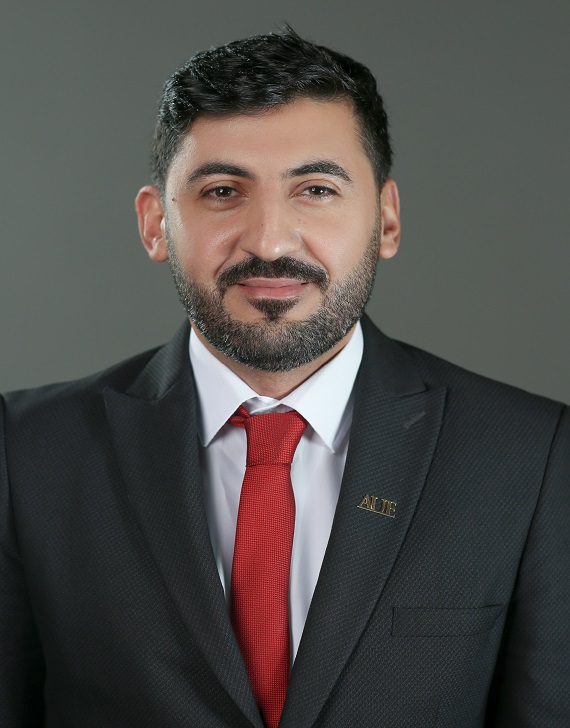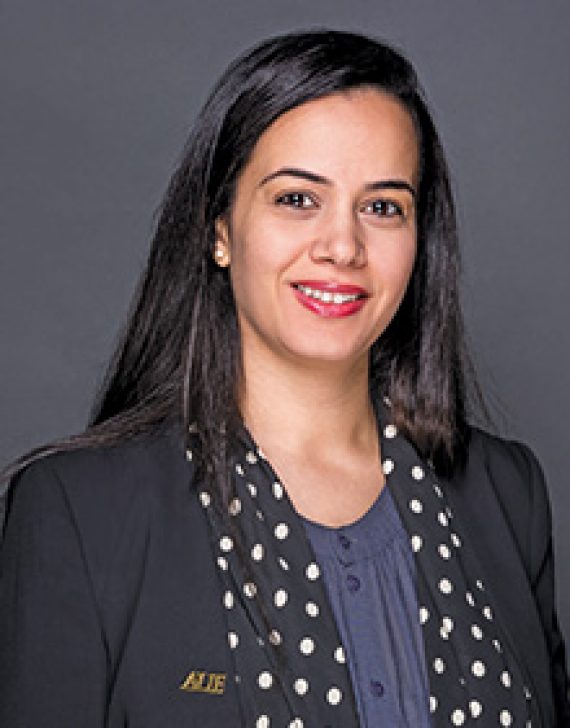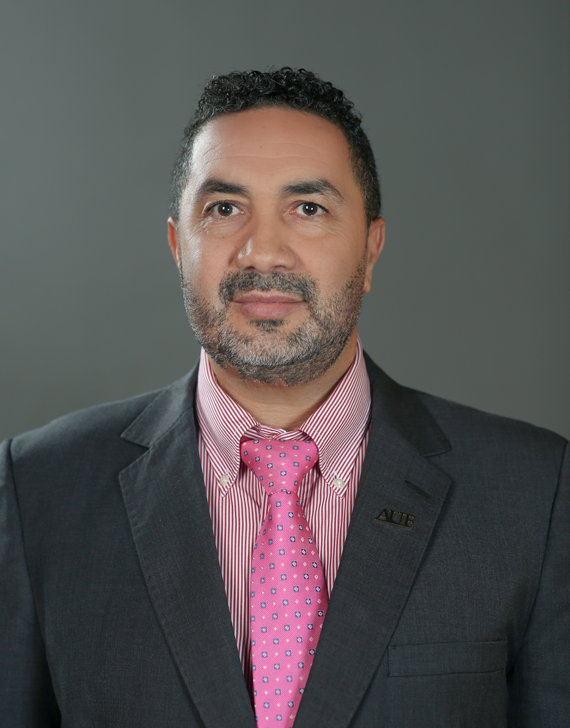Bachelor of Business Administration – Accounting
- Overview
- Program Structure
- Accreditations
- Faculty
- Admission
-
Duration
4 Years
-
Classes
Weekday Morning Weekday Evening
-
Fees
Tuition (One Semester) ……… Approx. 21,000 AED
One academic year is two semesters
Admission (One Time) ……… 3,150 AED
About Specialization
Accounting is one of the most essential components of any business. As a result, accountants are always in high demand and often able to command very lucrative salaries. The Accounting specialization at the College of Business Administration prepares students for a career in accounting through practical training in essential concepts such as financial accounting, management control systems, fiscal management at the micro- and macro-level, budget allocation, cost effectiveness, investments and financial opportunities. This program also perfectly situates graduates looking to go on to qualify and practice as Chartered Accountants or Certified Public Accountants.
Professional Body Accreditation
The College of Business Administration curriculum has received international accreditation by the Chartered Institute of Management Accountants (CIMA). CIMA has partnered with AICPA (the American Institute of CPAs), and the merger – now named AICPA (the Association of International Certified Professional Accountants) – is the world’s largest professional body of management accountants. This accreditation resulted in several COBA specializations attaining equivalency and exemptions from CIMA that will ensure the college can graduate market-ready students. Students directly benefit from these exemptions and are able to attain the elite CGMA – Chartered Global Management Accountant – certification.
COBA has also collaborated with the Institute of Management Accountants (IMA) to get a Certified Management Accountant (CMA) scholarships for its students.
Program Learning Outcomes
- Develop critical analysis skills relevant to student career paths.
- Analyze and interpret specialized data and information to make rational business decisions.
- Apply innovative and advanced approaches to evaluating the national and international business environment.
- Demonstrate practical skills appropriate to various business disciplines.
- Acquire knowledge about the fundamental concepts, principles, and theories in the specialization.
Preparatory Courses
Before enrolling in the Bachelor of Business Administration program, students must sit the placement test related to this program. Failure to successfully pass the placement test, the student is required to enroll in the following courses:
#
1
2
3
Course Code
CIT 90
MAT 90
ENG 99
Courses
Computer Preparatory
Mathematics Preparatory
Academic Writing (*)
Credit Hours
0
0
0
Exemption Condition
Passing the Placement Test
Passing the Placement Test
Passing the Placement Test
Program Structure
Course Category
General Education Courses
Core Courses
Specialization Courses
Free Electives
Total
Total Number of Courses
11
18
11
3
43 Courses
Total Number of Credit Hours
33
51
33
9
126 Credit Hours
- General Education Courses
- Core Courses
- Specialization Courses
- Free Electives
A: University Core Requirements
The student selects 6 credit hours (2 courses) from the list below:
B: Languages and Communication Studies
The student must select 9 credit hours (3 courses) from the list below.
Students must take all of the following courses:
Students must take one of the following Arabic Language courses:
C: The Natural sciences or Mathematics
The student must select 6 credit hours (2 courses) from the list below:
D: The Social or Behavioral Sciences
The student must select 3 credit hours (1 course) from the list below:
E: The Humanities or Arts
The student must select 3 credit hours (1 course) from the list below:
F: Islamic Studies
The student must select 3 credit hours (1 course) from the list below
G: UAE Studies
The student must select 3 credit hours (1 course) from the list below.
Choose 12 credit hours from any other college/specialization with the condition that all the prerequisites of the chosen courses are met.
Recommended Study Plan
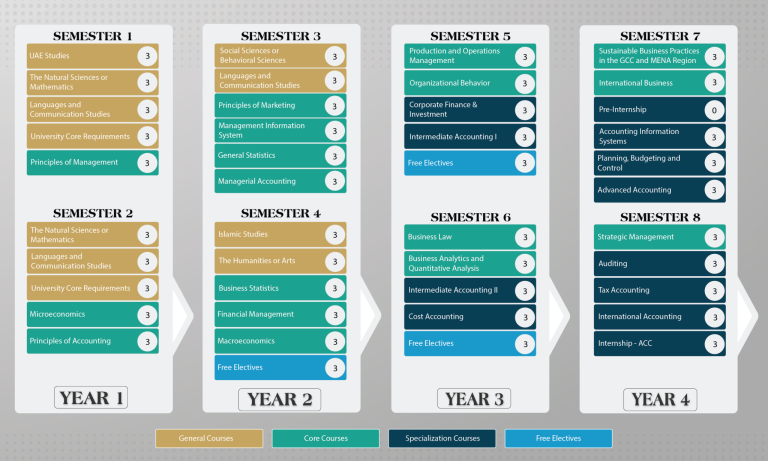
Accreditations
The American University in the Emirates is licensed by the UAE Ministry of Education – Commission for Academic Accreditation | caa.ae
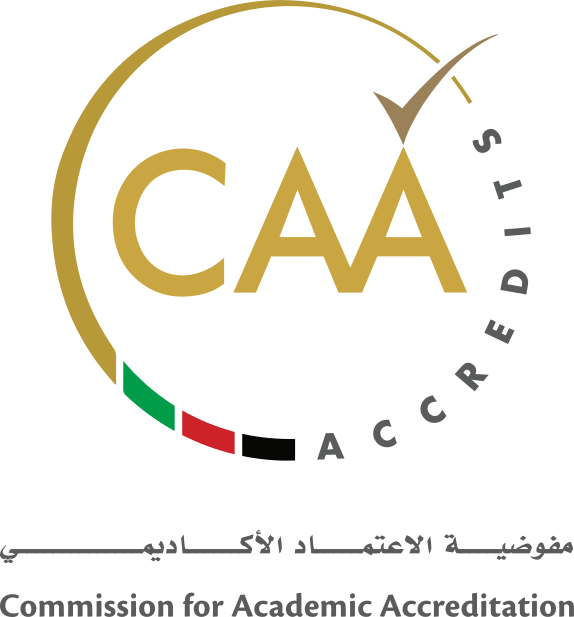
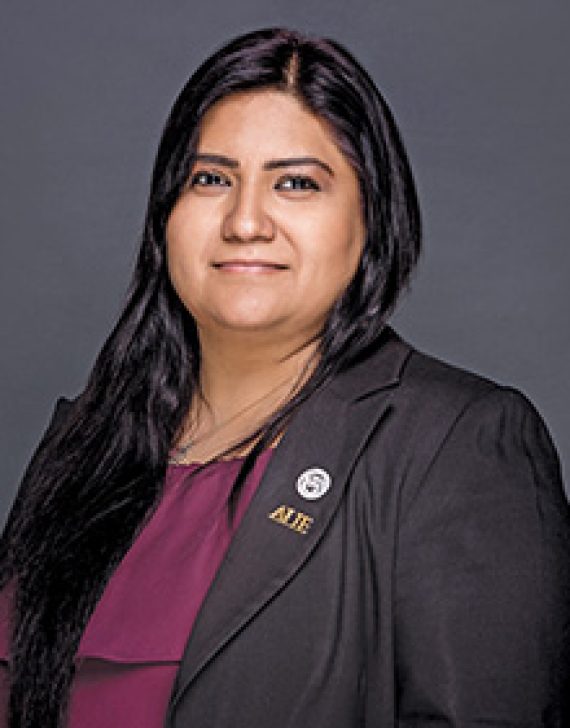
Prof. Asma Salman
Professor / Dean

Prof. Munther-Momany
Professor / Program Director - Master of Business Administration

Prof. Sung IL Hong
Assistant Professor / Program Director - Master of Sports Management
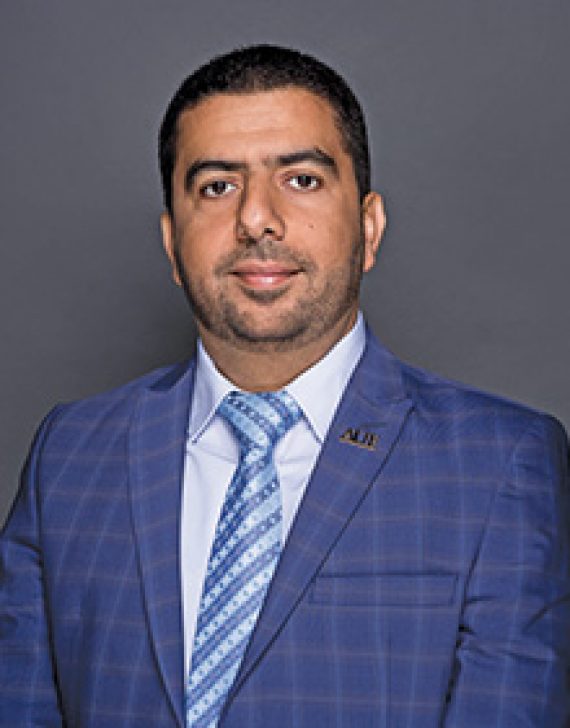
Dr. Azzam Hannon
Associate Professor / Department Chair of Accounting and Finance

Dr. Nikolina-Ljepava
Assistant Professor / Department Chair of Management

Dr. Edyta Skibińska
Assistant Professor / Specialization Coordinator - Hospital and Healthcare Management

Dr. Mohammad Alsmairat
Assistant Professor / Specialization Coordinator - Logistics and Supply Chain Management

Dr. Riad-Al-Chami
Assistant Professor / Specialization Coordinator - E-commerce and Marketing

Dr. Samer Kobrossy
Assistant Professor / Specialization Coordinator - Business Management
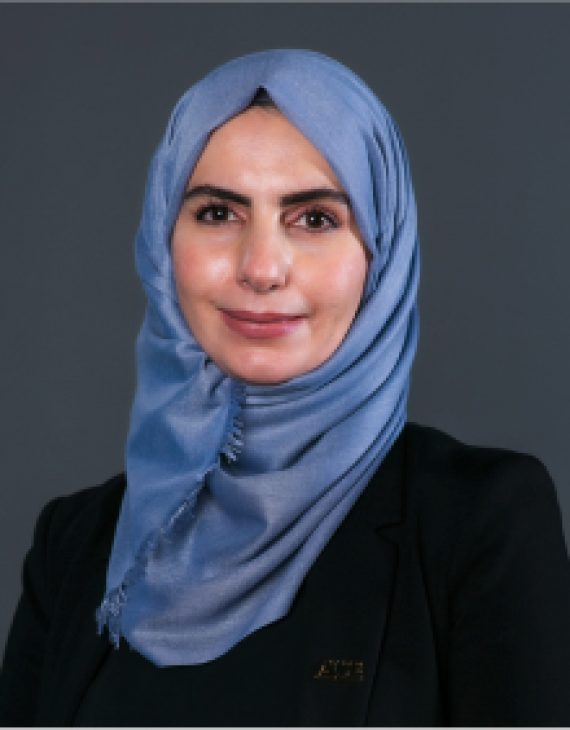
Dr. Tamara Mohammad
Assistant Professor / Specialization Coordinator - Human Resource Management

Dr. Alaa Mushtaha
Assistant Professor / Director of Innovation & Lifelong Learning (RYADA)
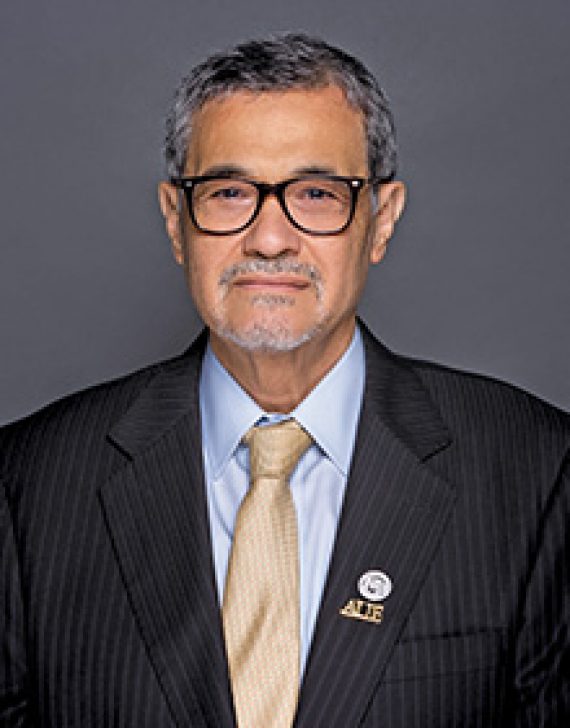
Prof. Salaheddin Abosedra
Professor
Undergraduate Requirements
For undergraduate degree completion, graduate students must satisfy the following requirements:
- Earn a minimum CGPA of 2.00 on a scale of 4.00.
- Successfully complete all courses as described in the study plan.
- The Degree Completion requirements must be met within the timeframe of the program.
- Transfer students must successfully earn a minimum of 50% of the course credits for the program at AUE.
Joining the Program
- Fall Semester
-
September
-
Spring Semester
- January
- Summer Semester
- May
